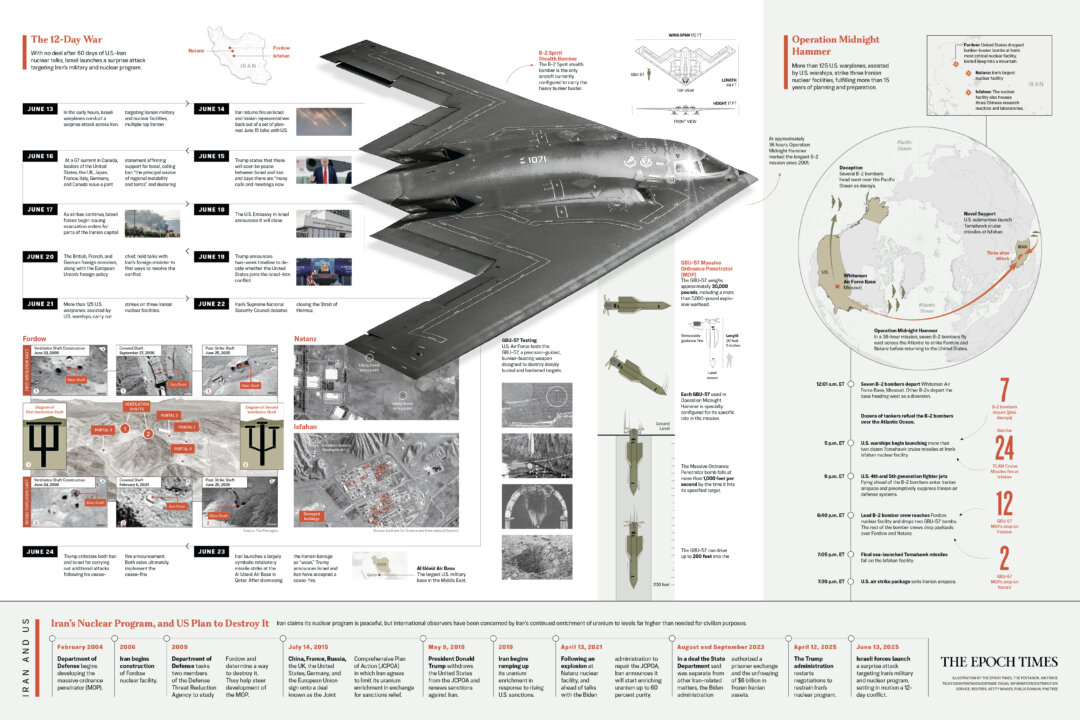A meticulously planned, clandestine operation, executed by a formidable Israel-US alliance, has significantly impacted Iran’s contentious nuclear program, bringing years of international concerns about Tehran’s true motives to a critical juncture. This audacious mission underscores a concerted, albeit covert, response to what was perceived as an escalating threat to regional and international stability, redefining the landscape of Middle East security.
For over a decade, the international community has harbored profound concerns about Iran’s nuclear ambitions, suspecting its civilian energy program was a thinly veiled front for developing atomic weapons capabilities. Despite Tehran’s repeated assertions of peaceful intent, the lack of transparency and continued enrichment activities fueled suspicions, making the Iranian nuclear program a persistent point of contention in international politics and a top priority for global non-proliferation efforts.
The operation, characterized by its precision and secrecy, involved a series of strategic strikes designed to deliver significant setbacks to Iran’s nuclear infrastructure. These covert operations were reportedly executed with meticulous planning, targeting key facilities and components crucial to the program’s advancement. The success of these strikes represented a substantial blow, demonstrating the tangible commitment of the allied forces to disrupt potential nuclear weapon development pathways.
This high-stakes intervention is deeply embedded within the complex geopolitical landscape of the Middle East. It sheds stark light on the historical and ongoing tensions between Israel and Iran, two regional powers locked in a protracted struggle for influence. Concurrently, it reaffirms the United States’ persistent commitment to protecting its strategic interests and allies in the region, particularly Israel, against what is deemed a destabilizing force.
The far-reaching implications of such clandestine military actions prompt crucial discussions about the delicate balance between covert operations and diplomatic solutions in curbing nuclear weapon development. While undeniably effective in delivering immediate setbacks, these interventions raise profound questions about their long-term efficacy, potential for escalation, and the future trajectory of international relations concerning nuclear security. They highlight the enduring challenges faced by global powers in managing proliferation risks.
Ultimately, the secret mission against Iran’s nuclear plants serves as a powerful testament to the lengths to which nations will go to prevent nuclear proliferation and safeguard global security. It solidifies the Israel-US alliance as a cornerstone of regional stability and reinforces the complex, multi-faceted nature of modern international politics, where covert actions often play a pivotal role in shaping global outcomes and maintaining a delicate balance of power.
Discover more from The Time News
Subscribe to get the latest posts sent to your email.



